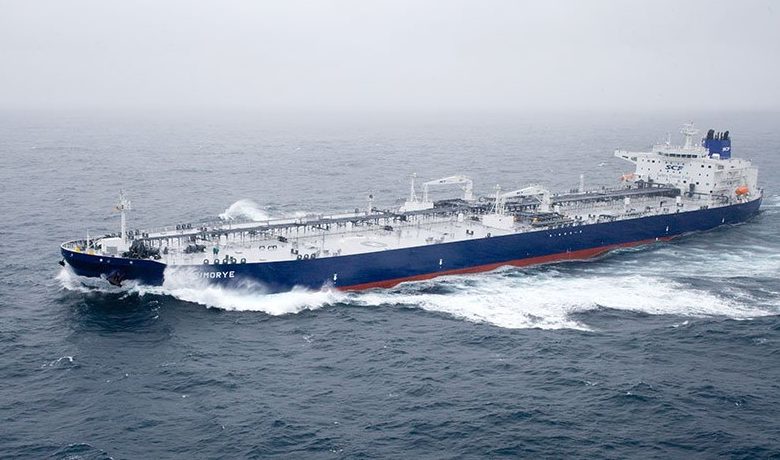Russia lifts seaborne diesel export ban

Russia’s government said on Friday that it had allowed a return of seaborne diesel exports delivered to seaports via pipelines after a ban was put in place on September 21.
Russia had temporarily banned exports of gasoil and diesel as domestic prices had been spiralling because refiners have been exporting to more profitable export markets, causing shortages and price surges in Russia. This also created a potential political issue for the country’s upcoming March presidential elections.
The Kremlin said that the restrictions on the export of diesel fuel were no longer applicable provided that the manufacturer supplies at least 50% of the diesel fuel produced to the domestic market. Diesel is Russia’s biggest oil product export with close to 1m barrels per day, 75% of which is shipped via pipelines.
The Russian government added that it was also restoring full subsidies to refiners to ensure domestic fuel demand is met. Namely, Russia restored the fuel damper coefficient which will increase the amount of compensation to oil refineries for lost income when selling fuel on the domestic market.
Moscow also decided to impose a “protective duty” of 50,000 roubles ($495.6) per tonne for resellers of petroleum products. The duty is supposed to prevent possible grey exports.
The Kremlin believes that this will provide economic incentives to saturate the domestic market with fuel and restrain the growth of wholesale exchange prices, which will maintain a stable retail price.
“The government is suppressing attempts by resellers to purchase fuel in advance for subsequent export after the current restrictions are lifted. This also prevents them from exporting class fuel under the guise of other products,” the Kremlin stated.
